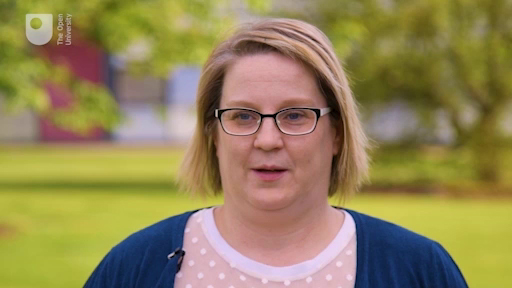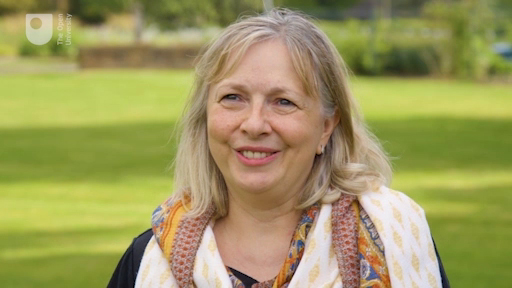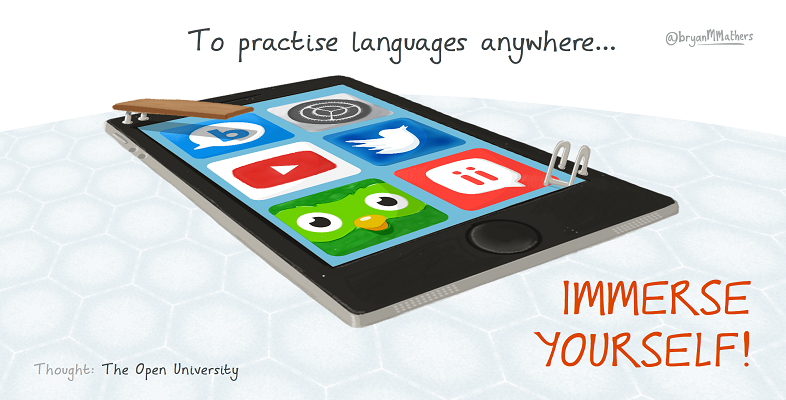2 So, what is involved in speaking?
There are lots of ways of thinking about this. On the one hand, speaking is about conveying information (and I mean information in the broadest sense of the word, whether this is factual, about your feelings and emotions, or anything else). In order to convey information, you need to speak accurately (using the right words and stringing them along in grammatically correct sentences), and fluently (if you are too hesitant, or too slow, your audience will find it hard to follow you, or might lose patience and disconnect). Your pronunciation will also need to be good enough not to make understanding you too taxing for your interlocutor. And you will also have to think about your intonation (in some languages, for instance, it is through intonation rather than word order or specific structures that you know if someone is making a statement or asking a question).
On the other hand, it is very unusual that you will be ‘just’ speaking (unless you happen to be giving a lecture or recording a podcast on your own) – most often, you will be speaking with someone, so engaging in interaction with that person: in that sense, speaking is very dependent on listening and understanding, which is why it very often causes a lot of anxiety in learners.
Watch the following video where some language learners talk about their anxiety when speaking in a foreign language.

Transcript
Now watch the next video, where some learners talk about how they practise their speaking skills.

Transcript
Speaking is, in some ways, similar to writing – in both cases you need to produce meaningful content using the right words and the right grammar. But whereas when writing you often have time to think about what you are going to say and how you are going to say it and can check a word up in the dictionary, for instance, when speaking you just have to produce your language ‘on the fly’. And whereas in writing you can often go back and check what you’ve written, and correct any mistakes, once you have uttered your words in speaking, you can’t really ‘un-say’ them.
Most spoken language is unplanned, spontaneous, takes place face-to-face, and is informal conversation. But although that might be your ultimate goal when starting to learn a language, it is very difficult to achieve, and requires literally hundreds of hours of practice.
Activity 1 Speaking recall quiz
Match the definitions of the following words used in this section.
Using the following two lists, match each numbered item with the correct letter.
The quality of being correct, precise and free from mistakes of errors.
The quality of being efficient, speaking articulately without unnecessary or overlong pauses.
The rise and fall of the voice in speaking.
The way the sounds of the language are pronounced, the ability to make those sounds in the correct or a particular way.
a.Intonation
b.Pronunciation
c.Accuracy
d.Fluency
- 1 = c
- 2 = d
- 3 = a
- 4 = b
